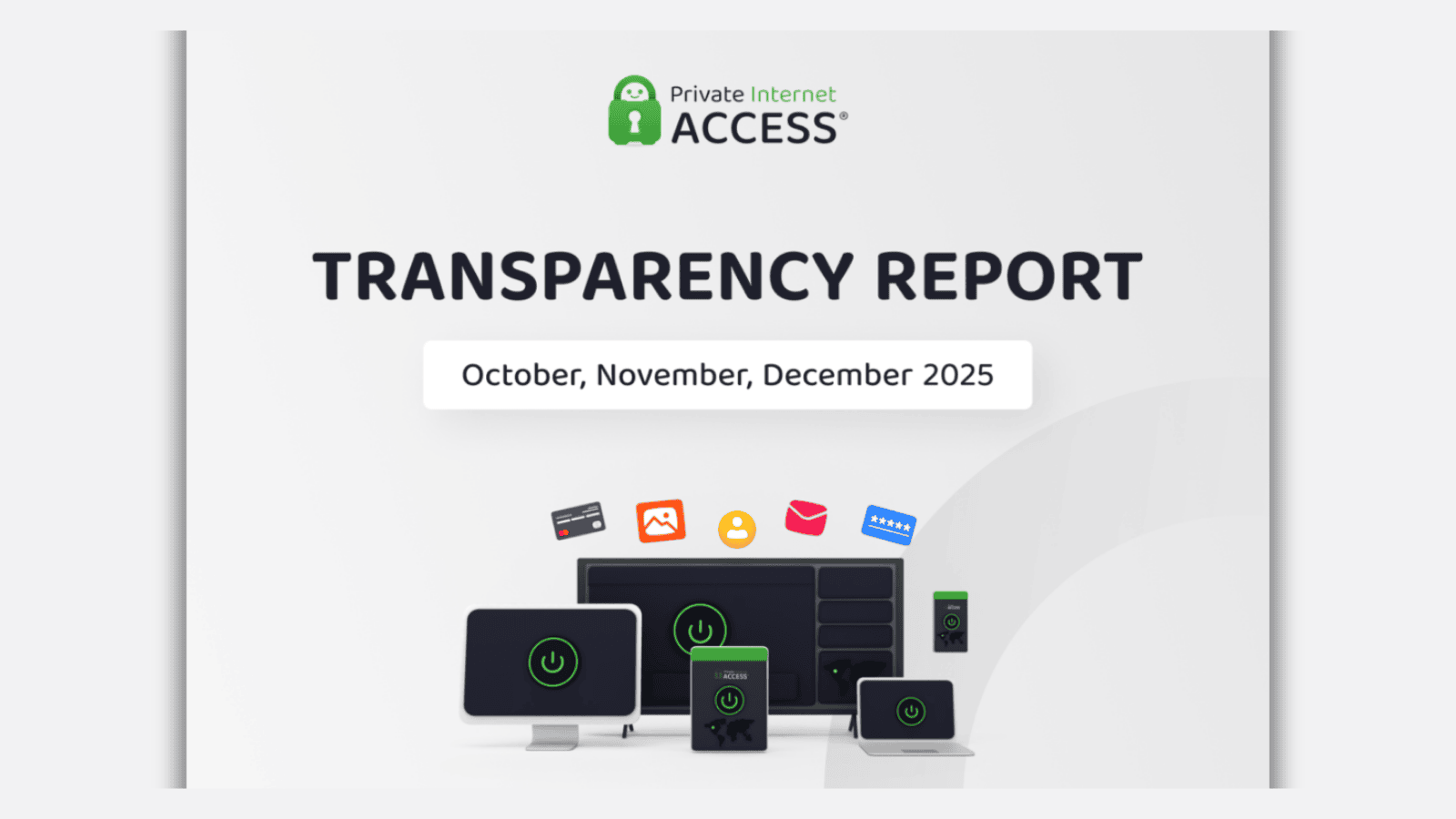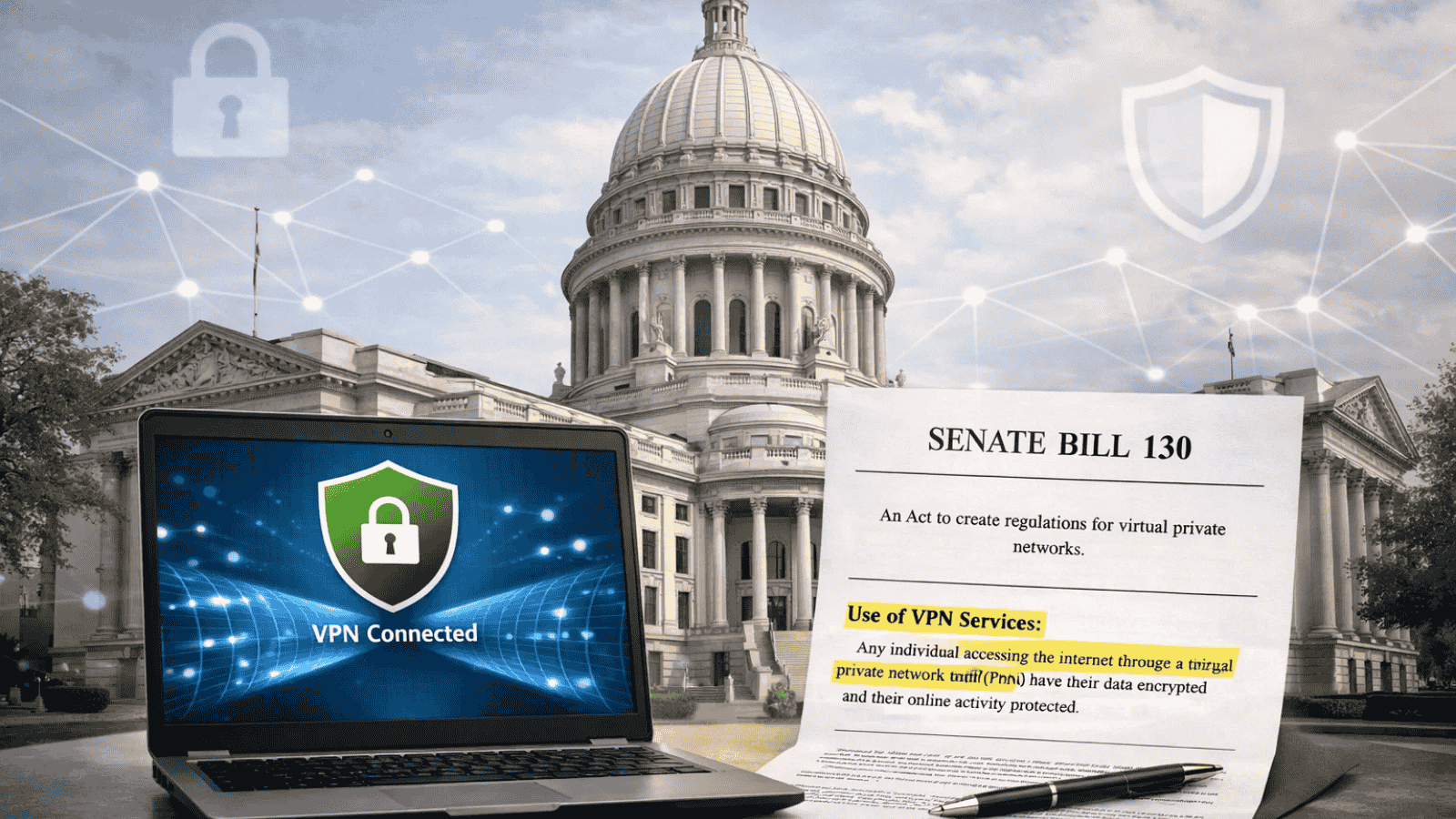
Europe Weighs Social Media Ban for Under-16s: What We Know So Far
- EU Proposal: EU considers under-16 social media ban after strong parliamentary backing for unified rules across Europe.
- Global Influence: Australia’s upcoming 2025 under-16 ban influences EU discussions on child safety and regulation policy alignment.
- Privacy Risks: Experts warn age verification methods risk privacy breaches as third-party data handling remains problematic today.
The European Union is exploring a proposal to ban children under 16 from accessing social media platforms, following a wide-margin vote in the European Parliament. The move comes as lawmakers across the world look for new ways to protect minors online, and as Australia prepares to roll out the world’s first nationwide under-16 social media ban in December 2025.
The discussion marks a significant moment in the EU’s ongoing debate over Chat Control online safety, privacy, and age-verification technology.
Strong Support in the European Parliament
According to details shared from Wednesday’s session, 483 Members of the European Parliament (MEPs) voted in favor of a resolution aimed at strengthening protections for minors online. Only 92 voted against, while 86 abstained.
The resolution, led by Danish Social Democrat Christel Schaldemose, urges the European Commission to address what it calls Europe’s “fragmented approach to age assurance.” Age-verification efforts already exist under the Digital Services Act (DSA), but only a handful of EU countries have fully implemented their rules.
The Parliament’s latest push signals a desire for consistent, EU-wide standards and potentially uniform age restrictions on social media platforms.
Australia’s Influence
The EU’s debate comes as Australia prepares to implement a sweeping ban preventing anyone under 16 from joining social media. That law is scheduled to take effect on December 10, 2025. Australia’s move, considered the first of its kind globally, is now serving as an example for policymakers in Europe.
Similar ideas are surfacing in other regions as well, including the United States and Russia, as governments try to balance child safety with digital rights.
The Privacy Problem: Age Verification Concerns
While the goal is to reduce online harms for minors, privacy experts remain critical of current age-verification tools.
Most systems require users, not just minors, to verify their age using methods such as facial scans or uploading government IDs. Security researchers warn that this could expose users to unnecessary risks if third-party verification companies suffer data breaches.
These worries aren’t hypothetical. In the UK, around 70,000 government ID photos were leaked after a third-party provider used by Discord was hacked, raising concerns about how safely such sensitive information is being handled.
Critics argue that mandatory age checks at scale could encourage users to seek privacy tools, such as VPNs, to avoid sharing personal data with external verification services.
What Comes Next?
For now, the Parliament’s vote does not create law, but it puts pressure on the European Commission to draft stronger, more unified age-assurance rules. Whether a full under-16 social media ban will become a future EU-wide requirement remains uncertain.
What is clear is that Europe is gearing up for a major debate on how to protect minors online while also safeguarding the privacy of millions of internet users.
If the Commission moves forward, tech companies, regulators, and privacy advocates will all play a role in shaping what the next generation of online safety rules looks like.













